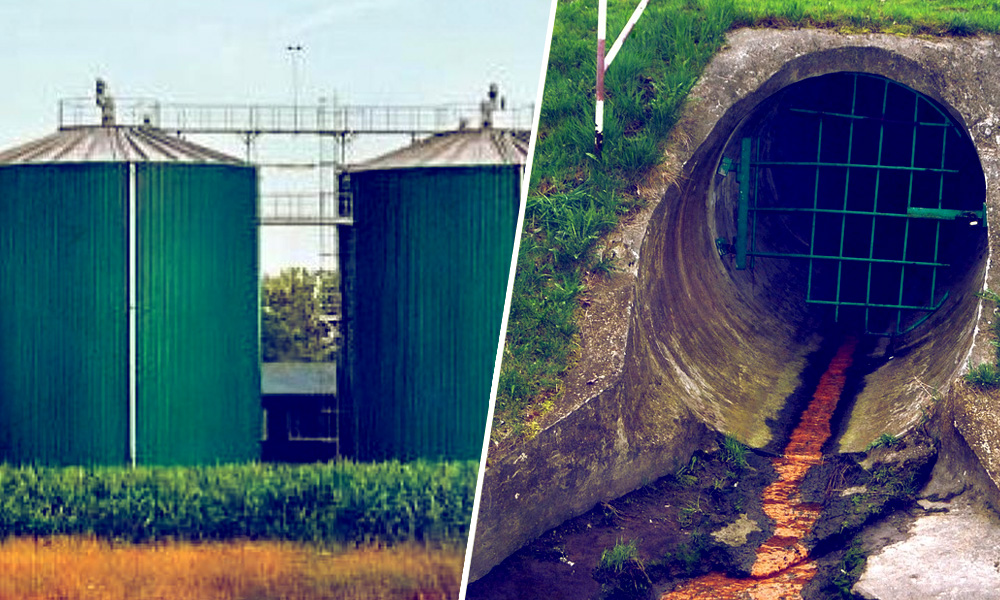
Image Credits: Pixabay, The New Indian Express
Hyderabad Plans To Generate Clean Fuel From Dirty Drains Using Sewage Treatment Plants
Writer: Palak Agrawal
Palak a journalism graduate believes in simplifying the complicated and writing about the extraordinary lives of ordinary people. She calls herself a " hodophile" or in layman words- a person who loves to travel.
Telangana, 15 Jan 2021 5:59 AM GMT
Editor : Prateek Gautam |
A free soul who believes that journalism, apart from politics, should stand for social cause and the environment.
Creatives : Rajath
A free spirit who find meaning in life with the virtue of creativity and doing job par its excellence, animal lover and traveller by heart.
The Telangana State Renewable Energy Development Corporation Limited (TSREDCO) has been working on a comprehensive project report on setting up treatment plants that would generate compressed biogas (CBG) from sewage sludge generated in the city.
As per a report by the World Economic Forum, urban India produces at least 1,20,000 tonnes of sewage sludge on an everyday basis but an estimated two-thirds of the country's households with toilets are not connected to the sewer system, hence remain untreated.
Studies have suggested that 60 per cent of this human waste cause freshwater pollution by contaminating water bodies and harming other food sources.
Sewage sludge is the residual, semi-solid substance that is produced as a by-product during the sewage treatment process of municipal wastewater. The sewage is accumulated from several sources such as domestic households, industries and commercial wastages.
Hyderabad is attempting to tackle the menace and put the waste to better use.
The New Indian Express reported that the Telangana State Renewable Energy Development Corporation Limited (TSREDCO) has been working on a comprehensive project report on setting up treatment plants that would generate compressed biogas (CBG) from sewage sludge generated in the city. The report once prepared would then be forwarded to the state government for necessary approval.
The proposed CBG plants based on the treatment of sewage sludge would become the second-of-its-kind project. An estimated three lakh litres of sewage water would be treated every day to produce 2,000 kg CBG.
The first such plant was set up in Haridwar which uses 40 MLD sewage to generate the gas.
"We are proposing to set up the biogas plants at Amberpert and Nagole, where sewage treatment plants (STPs) are already available," said TSREDCO consultant N Kiran.
Kiran also said that the proposed biogas plant would be bigger than the CBG plant located in Haridwar.
Fuel From Waste
After the treatment of sewage, the solid residual is sludge which consists of organic and inorganic solids in dissolved and suspended forms. The sludge would then be fed to a closed container —biogas digester that would produce methane.
At present, over 700 MLD (million litres per day) of sewage is being treated in the city, and close to 1,850 million litres of sewage is generated every day.
Also Read: This 'Wolf Mask' Can Disinfect Closed Spaces, Reduce Risk Of COVID-19 Infections
 All section
All section














